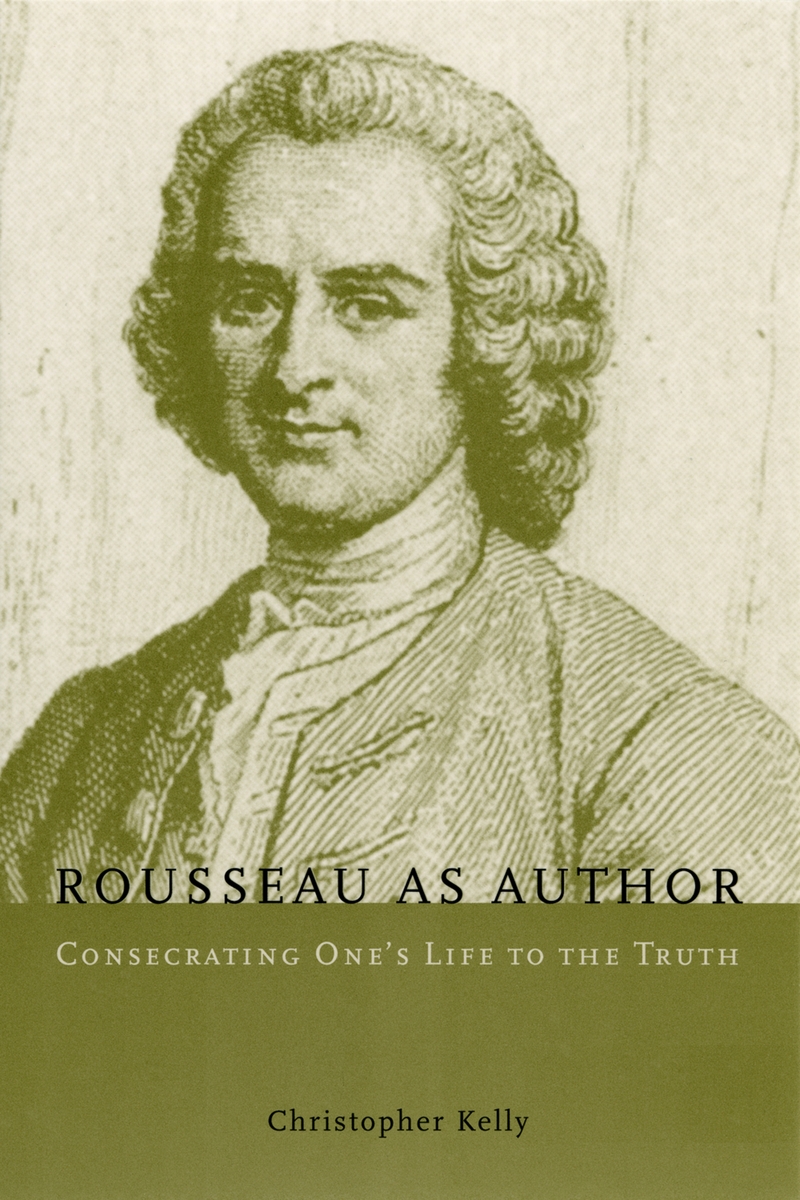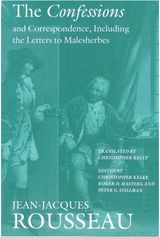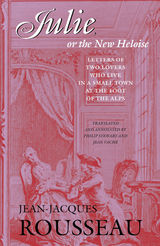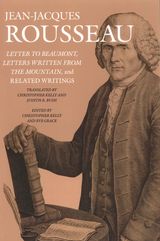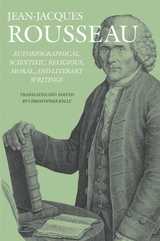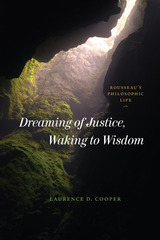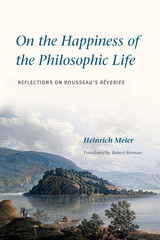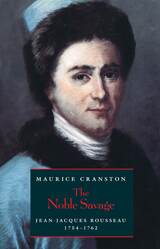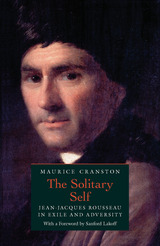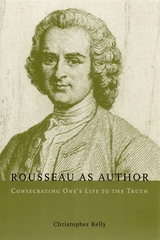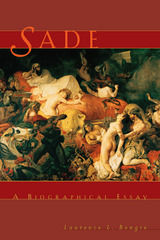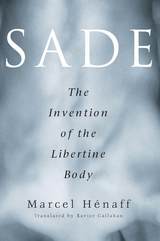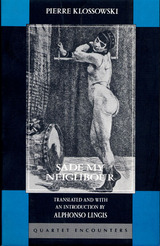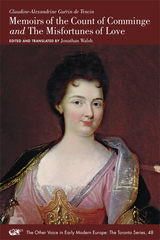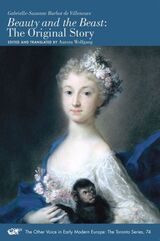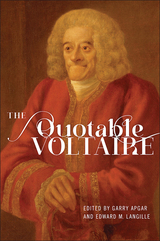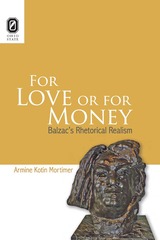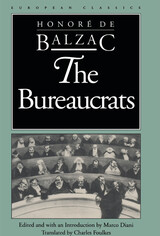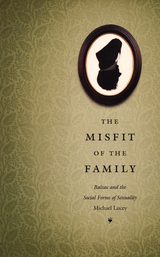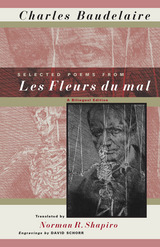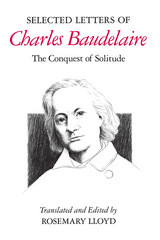Rousseau as Author: Consecrating One's Life to the Truth
University of Chicago Press, 2002
Paper: 978-0-226-43024-9 | Cloth: 978-0-226-43023-2
Library of Congress Classification PQ2056.E85K45 2003
Dewey Decimal Classification 848.509
Paper: 978-0-226-43024-9 | Cloth: 978-0-226-43023-2
Library of Congress Classification PQ2056.E85K45 2003
Dewey Decimal Classification 848.509
ABOUT THIS BOOK | AUTHOR BIOGRAPHY | TOC | REQUEST ACCESSIBLE FILE
ABOUT THIS BOOK
For Rousseau, "consecrating one's life to the truth" (his personal credo) meant publicly taking responsibility for what one publishes and only publishing what would be of public benefit. Christopher Kelly argues that this commitment is central to understanding the relationship between Rousseau's writings and his political philosophy.
Unlike many other writers of his day, Rousseau refused to publish anonymously, even though he risked persecution for his writings. But Rousseau felt that authors must be self-restrained, as well as bold, and must carefully consider the potential political effects of what they might publish: sometimes seeking the good conflicts with writing the truth. Kelly shows how this understanding of public authorship played a crucial role in Rousseau's conception—and practice—of citizenship and political action.
Rousseau as Author will be a groundbreaking book not just for Rousseau scholars, but for anyone studying Enlightenment ideas about authorship and responsibility.
Unlike many other writers of his day, Rousseau refused to publish anonymously, even though he risked persecution for his writings. But Rousseau felt that authors must be self-restrained, as well as bold, and must carefully consider the potential political effects of what they might publish: sometimes seeking the good conflicts with writing the truth. Kelly shows how this understanding of public authorship played a crucial role in Rousseau's conception—and practice—of citizenship and political action.
Rousseau as Author will be a groundbreaking book not just for Rousseau scholars, but for anyone studying Enlightenment ideas about authorship and responsibility.
See other books on: 1712-1778 | Author | Philosophers | Rousseau, Jean-Jacques | Truth
See other titles from University of Chicago Press
